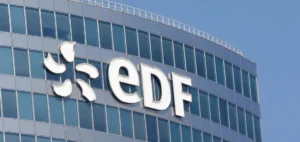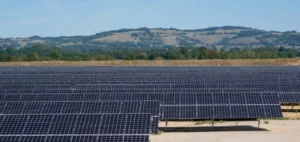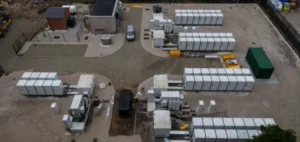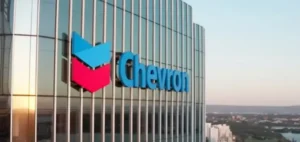Engie has raised its targets for 2022 after third-quarter results rose, driven by high energy prices and growth in most of its businesses.
The group’s recurring net income (excluding exceptional items) for the year should now be in the range of 4.9 to 5.5 billion euros (compared to a range of 3.8 to 4.4 billion euros previously forecast), the energy company said.
Engie saw its revenues jump by more than 85% over nine months, to €69.3 billion. Its operating profit (Ebit) is 7.3 billion, up 84.4%.
The main gas supplier in France also said it was “confident” in its ability to supply next winter without Russian gas.
Engie, in which the French state holds nearly 24%, has continued to reduce its exposure to volumes previously purchased from Gazprom, to what Pierre-François Riolacci, Executive Vice President Finance, CSR and Procurement, calls “epsilonically low”.
“For the winter of 2023-24, the group remains confident that additional volumes contracted through new supply sources including liquefied natural gas, as well as an expected decrease in demand, will help replace the need for gas from Russia and achieve the required storage levels,” the statement said.
“Engie achieved its results in unprecedented market conditions and continues to play a major role in security of supply,” commented its CEO, Catherine MacGregor.
“Our financial situation allows us to contribute to crisis management through the mobilization of our cash, government profit-sharing mechanisms, as well as support mechanisms for our customers,” she added. The company’s staff should receive a one-time bonus of 1,500 euros, the group announced.






















